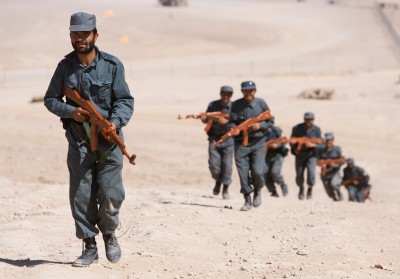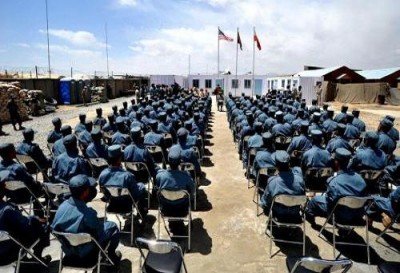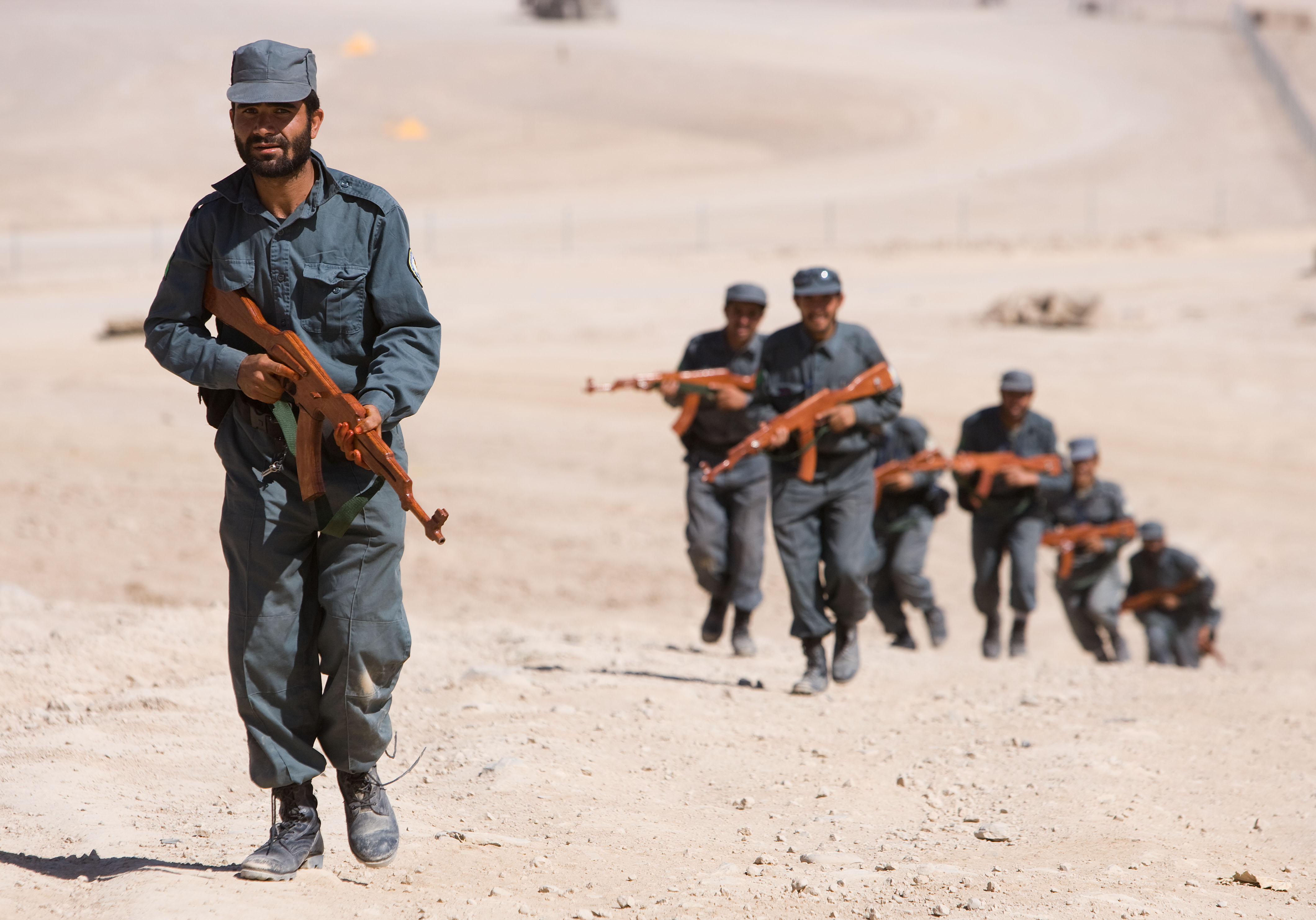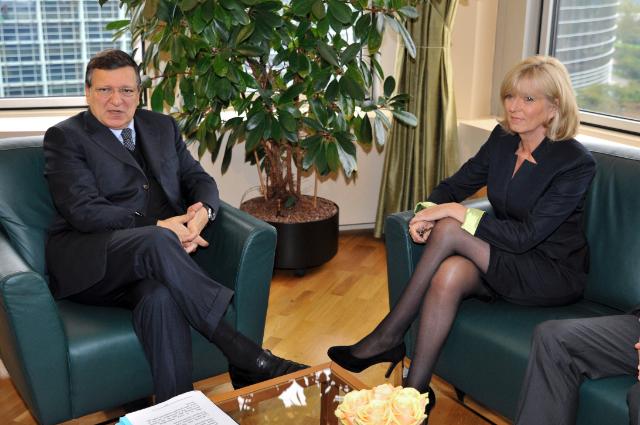The new Dutch mission in Afghanistan: police, a little; military, a lot!

(B2 / Brussels 8 January) The Dutch government tabled, yesterday (Friday 7 January), before its national parliament, a detailed plan to send a new force to Afghanistan specifically responsible for training the Afghan police, “strengthen the public police and the judiciary" such as the Afghan rule of law (1). This mission will reinforce both EUPOL Afghanistan and NATO personnel.
A mission of 545 people, mainly soldiers
A total of 545 people will take part in this mission. In detail, this includes 225 trainers, mainly military, sent to the provinces of Kabul and Kunduz and 5 civilian judicial experts. In addition: 125 soldiers in charge of support, medical, intelligence and logistics deployed in Kunduz; 120 personnel assigned to the 4 F16 combat aircraft which will be based in Mazar-e-Sharif, in the north of the country, "for IED detection" improvised explosive devices; and 70 specialist officers assigned to (ISAF) headquarters for "preserve the place and capacity for international influence“. Note that the security of the Dutch trainers will be mainly provided by the German troops, who are in charge of the north of the country.
In addition to this human presence, the Netherlands intends to increase its contribution to various projects: the "Law and Order Trust Fund" which aims to develop the capacities of the Ministry of Justice or the "Family Response Units" which emphasize improving women's access to the justice system.
This mission therefore has three different characteristics from the previous mission. It has a stated political objective: training (unlike the security and combat objective of the previous mission). It is smaller in size: 500 people (against nearly 2000 in the old mission). It is mainly located in the north of the country and in Kabul (against a main deployment in the center of the country, in Uruzgan, a rather dangerous area before).
Some reinforcements for the European mission
40 police officers will come to reinforce the European police mission EUPOL, including 25 in Kabul to train the leadership of the Afghan police and for the creation of a national training center in the province of Bamiyan with a focus on the training of police officers feminine. 15 officers will be deployed in Kunduz province to implement EUPOL's urban policing and justice project. In addition, 5 legal experts will participate in the European project to strengthen Afghan justice. According to the ministry, along with Germany and Finland, the Netherlands has thus become one of the main contributors to the EUPOL operation which has suffered, since its creation, from a lack of personnel.

They are the only civilians on this mission. The other personnel come from the army and will be assigned to ISAF missions. Most of the other trainers (165 including 30 from the Constabulary) are, in fact, soldiers and will be deployed in the Police Operational Mentoring and Liaison Teams (POMLTS) in the province of Kunduz . In addition, 20 officers from the Constabulary (military police) will provide training in the province of Kunduz.
Some reluctance
This mission will have a "educational and training character and cannot be used for offensive military actions“However, the Minister of Foreign Affairs was careful to specify. A statement intended to appease political parties reluctant to any continuation of military operations (2). But that does not seem to be enough.
The leader of the Social Democratic Party (PvDA) has already reacted, in the columns of the daily Volkskrant, considering this mission as it stands "unacceptable". If Job Cohen accepts the 40 men and women deployed for EUPOL, he considers that the 500 personnel who "support NATO's strategy"are too many. Security being entrusted to German troops, there is no need, according to him, for additional troops."Our agreement was based on the fact that there will be no military action. (...) The numbers have been reduced, but there is still a military presence. And we won't support her" he specifies. Listening to him, the only thing acceptable would be a reinforcement to the EUPOL mission. "If the Netherlands had entrusted their support to European trainers, it would have been much easier for us to accept it". The leader of the opposition is therefore not closing the door to any negotiations. Because the government could have the support of most of the other political parties in parliament... To be continued!
(1) Download the letter tabled in Parliament (in Dutch)
(2) We remember that the previous Dutch government fell on the renewal of the mission in Afghanistan.
Read also:


Comments closed.